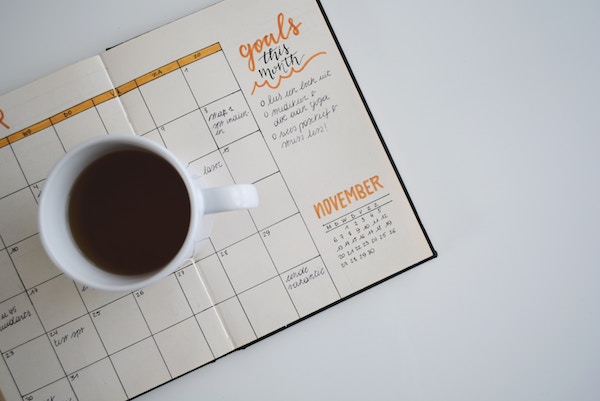
When you’re in college, you might think that you have a busy schedule and you’re prepared to juggle obligations and run on limited sleep. However, once you graduate and become a young professional with a full-time job, you’ll realize that you’re incredibly busy, but it’s different from what you experienced during college. When you’re in college, you have a clear path and schedule; you take classes at specific times, you have regular meetings, you do stuff with your friends who live nearby.
As a young professional, you’re spending at least eight hours at your workplace and then have a limited amount of time for your other plans. It’s up to you to plan your own schedule. You have to coordinate with friends’ schedules, find volunteer opportunities, discover networking groups and events, and make up your mind on what should be a priority and how you want to spend your time. For college students who thrived on being involved, having so many options on top of working full-time can feel a little overwhelming. Here are some tips on how to handle your young professional schedule and make sure you’re doing what you really want to do.
Prioritize events
The first step to take for managing your new, busy schedule is to prioritize your commitments and what you want to get involved in. If there’s a cause particularly important to you, make a charity that works with it your main philanthropic focus instead of trying to get involved with a variety of organizations. If you want to spend time visiting your family above everything else, plan around those visits. Decide what your focus is and how you want to spend your time and then work around those events.
Get plenty of rest
When you’re spending hours at work, going to the gym, attending a networking event, volunteering, and hanging out with friends, you probably feel like you cannot waste a second of your day sleeping more than necessary. However, being well rested is key to being able to manage a busy schedule; you’ll feel more inclined to stick to commitments and excel at work if you’re not short on sleep.
Talk to your friends
If you’re struggling to find time to fit in all the activities in your schedule and hang out with your friends or significant other, talk to them. Find out what each others’ schedules are and consider participating in events together. Attending a networking event together can be fun and help you branch out from your comfort zone. Volunteering together is a great idea and can be something you make a regular occurrence. It’s harder to stay in touch with friends once you graduate, so make the extra effort.
Plan ahead
You’ll feel much more on top of your schedule when you make the effort to actually plan ahead. Take time at the beginning of each week to look over your schedule so you’re aware of everything that’s happening in the week ahead. You don’t want to be caught off guard by an obligation or event you forgot. Add meetings and events to your phone’s calendar so you get reminders and write them down in a physical planner. You’ll be (and feel) more organized and do not have to stress about remembering everything.

